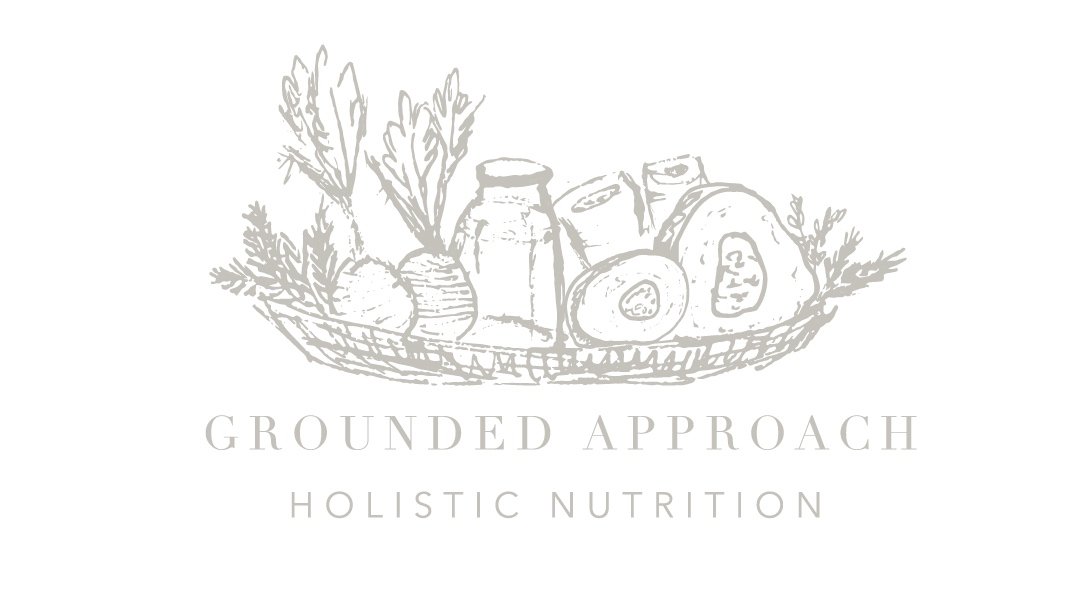Confused about gluten? Here are 4 reasons why it's become so problematic.
 What is gluten? Gluten is a specific protein found in grains wheat, spelt, rye and barley. It is the key to holding flours together for making bread, and unfortunately, problematic for many individuals. For those with celiac disease symptoms are often severe and debilitating for up to a few days. For others with a gluten sensitivity, symptoms could be digestive upset, change in mood, depression and fatigue.If you have mysterious, digestive, skin, mood or fatigue problems, one of my first suggestions is avoiding gluten 100%, even if it's just for a few months to completely remove it from the system. I do however recommend, if you are removing gluten for the first time, going through a gluten detox process or consulting the advise of a nutritionist as removing it cold-turkey can have some very uncomfortable side effects.Here are a few of the reasons that wheat, has become commonly associated with digestive problems:
What is gluten? Gluten is a specific protein found in grains wheat, spelt, rye and barley. It is the key to holding flours together for making bread, and unfortunately, problematic for many individuals. For those with celiac disease symptoms are often severe and debilitating for up to a few days. For others with a gluten sensitivity, symptoms could be digestive upset, change in mood, depression and fatigue.If you have mysterious, digestive, skin, mood or fatigue problems, one of my first suggestions is avoiding gluten 100%, even if it's just for a few months to completely remove it from the system. I do however recommend, if you are removing gluten for the first time, going through a gluten detox process or consulting the advise of a nutritionist as removing it cold-turkey can have some very uncomfortable side effects.Here are a few of the reasons that wheat, has become commonly associated with digestive problems:
- Most westerners gut health is completely out of whack.
What used to be a traditional, organic diet filled with nutrient-dense, gut nourishing foods like fermented vegetables, bone broth and organ meats has been replaced with sugar, refined flours and food additives. All of these play a role in causing gut disbiosis, an undesirable ratio of good to bad bacteria. The main consequence of which is a digestive tract that is utterly ill-equipped to digest and assimilate nutrients. This further leads to IBS-like symptoms, as well as skin, energy and mood problems.Gluten is often problematic, not only because it is difficult to digest (in it's unfermented form) but because, overtime we have developed a less than ideal gut flora which cannot properly digest food. If the lack of good bacteria is not addressed, and one simply removes gluten, digestion problems will often persist. This typically leads to additional “sensitivities” to otherwise nourishing whole foods. I see this over and over in my practice. Removing foods without addressing the real issue of gut disbiosis is the path to an ultra-restrictive, and boring diet. Luckily this can be healed and completely reversed!2. Wheat products are not properly prepared.Traditionally, gluten containing flours were always fermented before baking bread. During this process, which can last anywhere from 12-72 hours, natural yeasts are caught from the air which break down gluten into a more easily digestible protein and leaven the dough, creating a beautiful, hearty sourdough bread.Today however, we shortcut the process by forgoing the soaking and fermenting, and replacing natural airborne yeasts with a quick yeast starter packet. While the effect is a cheaper and quicker loaf of bread, the consequences high gluten breads that are much more difficult to digest. In addition, the flours used in most breads today are refined, bleached withbenzoyl peroxide or chlorine dioxide, and filled with preservatives, synthetic vitamins and emulsifiers (more gluten). Is it any wonder we can’t digest gluten-containing processed foods? 3. Gluten is dramatically over consumed.The western diet used to have minimal amounts of gluten. a little, sourdough bread here and there with a high vegetable, fat and animal protein diet was common. Today, we are heavily dependent on processed foods, most of which contain unfermented gluten. Whether it’s in pasta, crackers, cakes or even candy bars and salad dressings, it’s difficult to avoid, and the result of being overburdened with a difficult to digest protein is rejection. This can manifest in a variety of symptoms, mental or physical.It’s also important to note that modern wheat is hybridised to have higher levels of gluten than the naturally occurring varieties.If you are having symptoms that may be associated with gluten sensitivity, removing it for a short period while you heal your gut would certainly be a good option. Whether you do a gut healing protocol or not, I highly recommend everyone consume only organic gluten-containing grains after lacto-fermentation has occurred and to focus on foods that support good gut flora.
